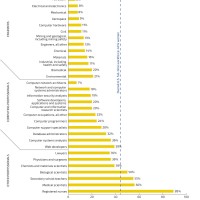Theoretical Foundations for Social Computing
The CCC Visioning Workshop Theoretical Foundations for Social Computing will be held in Washington, DC on June 29-30th.
Social computing encompasses the mechanisms through which people interact with computational systems—for instance, crowdsourcing platforms, ranking and recommendation systems, online prediction markets, or collaboratively edited wikis. It is blossoming into a rich research area of its own, with contributions from diverse disciplines spanning computer science, economics, sociology, systems research, and HCI, to name just a few.
Foundational theoretical research has great potential to influence and shape the future of social computing. However, while there is a small amount of literature that uses theoretical models to analyze and propose design recommendations for social computing systems, there are several barriers that must be overcome and questions that must be answered before theory can have the same degree of impact on social computing that it has had in other fields:
- What are the fundamental social computing problems? Is it possible to identify problems that are general enough to capture the core challenges of social computing across a wide range of applications, yet capture real issues?
- What are the right models? A growing body of literature suggests that human behavior in many online settings often deviates from standard economic models of agent behavior, and that these deviations can have significant effects on how to optimally design social computing systems. Defining appropriate models requires a dialog between theory and experimental and empirical research.
- How should we measure success? When evaluating the progress of the field as a whole, the criteria for success are vague, especially given that the capabilities and uses of social computing systems are changing all the time.
This visioning workshop has three major goals:
- Identify core problems that the community believes are important to focus on in order to establish theoretical foundations of social computing.
- Identify ways in which the theory community can learn from existing, ongoing, and future empirical and experimental work.
- Identify effective ways for the theory community to have impact on social computing in practice.
For more information, please see the Theoretical Foundations for Social Computing website or contact Ann Drobnis.









